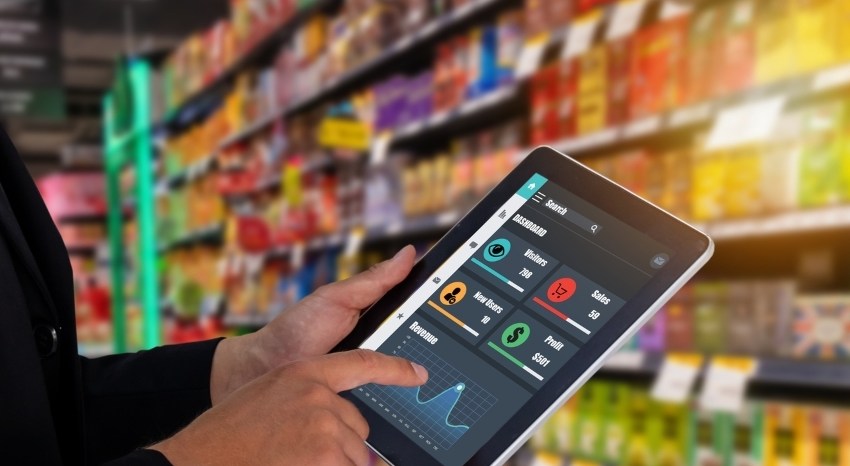

The next frontier for grocery e-commerce will be a more personalized and engaging shopping experience. Grocers are experimenting with several forward-thinking strategies to maintain and grow their customer base. AI and machine learning are improving product data quality, enabling dynamic pricing and predicting shopping patterns and preferences. This allows grocers to offer relevant product recommendations and promotions, enhancing customer loyalty and increasing order frequency and size.
Leading grocers use AI to validate product attributes, complete missing data, and correct inaccuracies, ensuring comprehensive and accurate product information. This accuracy supports customer decision-making and regulatory compliance. With precise data, grocers can offer sophisticated experiences like "Shop by Diet," helping customers find foods that align with their lifestyle choices.
Personalized offers and targeted deals are a significant AI trend, creating customized shopping experiences tailored to individual preferences. Accurate data also facilitates robust demand planning, category management, and dynamic price optimization, enabling grocers to manage assortments and pricing strategically at regional or localized levels. Understanding product trends helps optimize supply chains, enhancing efficiency and reducing costs.
Forward-thinking grocers leverage AI to create a cohesive, personalized shopping experience while optimizing backend operations, setting a new standard for the grocery e-commerce industry.
Previous Page
This study was conducted in Fall 2023 as the fourth annual installment of a grocery ecommerce study that Ipsos has conducted since 2020. This study was designed to differentiate between three different fulfillment methods of obtaining grocery orders: In-Store Pick-up, Curbside Pickup and Delivery.
The approach was 2-pronged:
- Step 1: Ipsos conducted a 7-minute survey of 1,200 Americans to understand which elements of grocery pick-up and delivery are most important to consumers. The survey was conducted October 25, 2023. A Key Drivers Analysis was conducted to identify the top drivers of “Likelihood to Use Brand Again for grocery ecommerce” using Ipsos’ proprietary Ipsos Bayes Net (IBN) modelling technique.
- Step 2: Ipsos then deployed their panel of trained mystery shoppers to measure brand performance across a specific set of elements related to grocery pick-up and delivery. Roughly 33 mystery shops per method (In-store Pick-up, Curbside Pick-up, Home Delivery) were conducted for each qualifying retailer. Retailers were only shopped for methods they offered, so in some cases sample was redistributed appropriately across offered methods. Geographic representation was ensured across 4 regions (West, Midwest, Northeast, South). Mystery shops were fielded between October 23 – November 17, 2023. The relative importance of each service element ascertained from Step 1 was applied as a weighting factor to the Mystery Shopping results.
For a full copy of the results or to participate in Ipsos’ next ecommerce study (coming Fall 2024), contact Silvana Daehn at silvana.daehn@ipsos.com.
Back to Top
At Ipsos Channel Performance, we partner with our clients to understand their shoppers and how they shop. We measure the execution of brand promises. We drive compliance and sales conversion. We improve performance across all sales and service channels – physical, contact center, and digital – and help deliver profitable growth. Learn more.
Next Page
Contact: Silvana Daehn
Email: silvana.daehn@ipsos.com.







